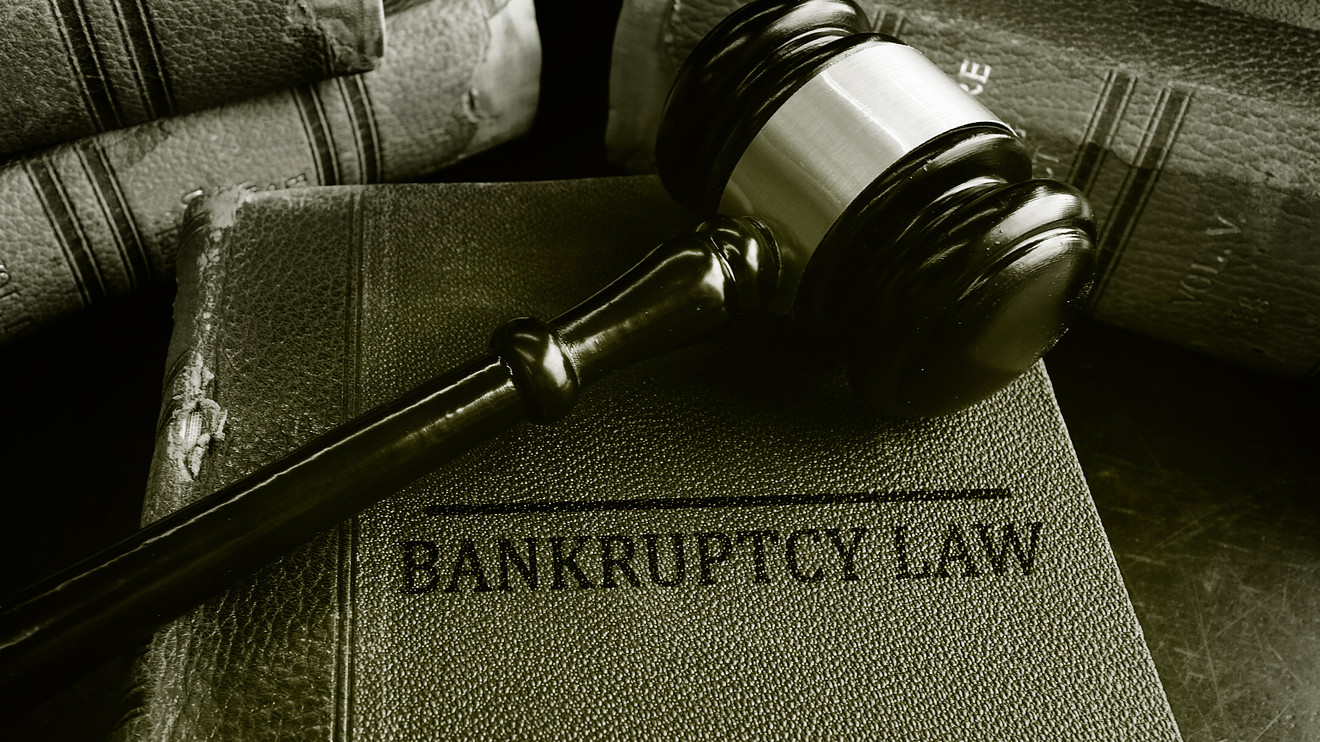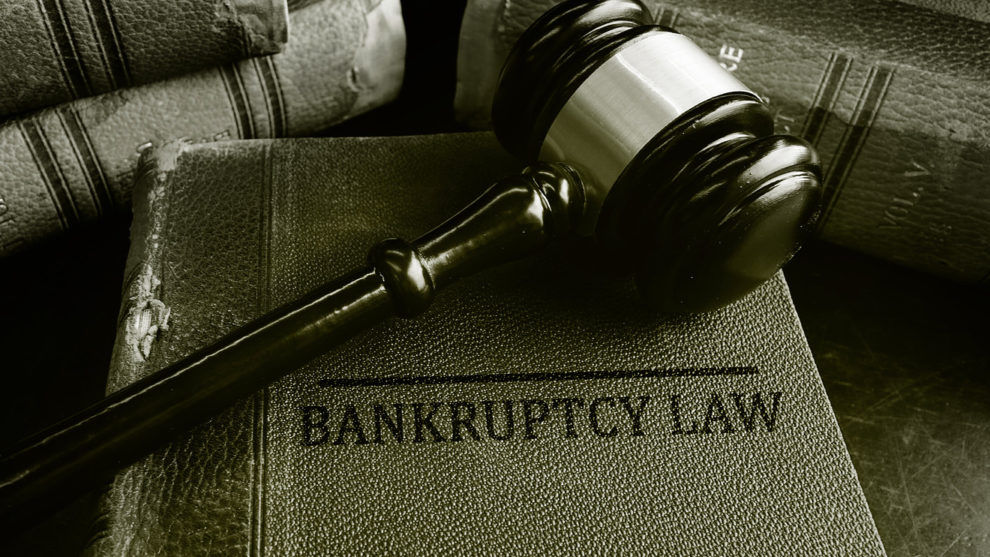
Since the National Consumer Assistance Plan went into effect in 2017, public records must meet strict requirements to appear on consumer credit reports. Civil judgments and tax liens do not meet these new requirements, so they were removed from credit reports. At this point, the only derogatory public record that should appear on your credit report is bankruptcy. If a tax lien or civil judgment still appears on your credit report, you should dispute that record with the credit reporting agencies.
How much do public records affect credit scores?
Bankruptcy can cause a FICO FICO, +0.27% score to drop by 200 points or more. A filing may lower credit scores for seven to 10 years and be difficult to remove from a credit report unless any information is inaccurate.
The decision to exclude other public records slightly increased FICO scores for many consumers and resulted in increases of 20 to 40 points in some cases.
Bankruptcies and your credit report
Bankruptcies are the one public record that are still included on your credit report. In most cases, they will remain on your report for seven to 10 years.
Don’t miss: Why are so many people over 55 going bankrupt?
You can dispute an inaccurate report of bankruptcy or one being reported beyond the statute of limitations. Review your report for any inaccuracies and contact the credit bureaus to dispute inaccuracies if need be. If a credit bureau claims to have court verification of a bankruptcy, you should send a procedural letter to determine how they verified the public record on credit report. Follow up with the courts to determine whether the bankruptcy was actually verified.
Civil judgments and your credit report
Civil judgments result when a creditor sues you for an outstanding debt and wins. That creditor then has more avenues for pursuing payment: they may now satisfy delinquent or outstanding debt through wage garnishment or by seizing funds from checking or savings accounts.
Judgments are no longer factored into credit scores, though they are still public record and can still impact your ability to qualify for credit or loans. Lenders may still check to see whether any outstanding judgments against a potential borrower exist. You should pay legitimate judgments and dispute inaccurate judgments to ensure these do not affect your finances unduly.
Don’t miss: Here’s how long it will take for your credit to recover from the holidays
If a civil judgment is still on your credit report, file a dispute with the appropriate credit reporting agencies to have it removed.
Tax liens and your credit report
Tax liens are filed by the IRS when you don’t pay your taxes. A lien is automatically filed when you owe more than $10,000. When the IRS files a tax lien against you, it essentially gives the agency first dibs on any payment you receive from selling or liquidating your assets to pay your debts.
While tax liens are no longer reported on credit reports, they can significantly impact your financial situation in ways that indirectly affect your credit score.
If a tax lien is being reported on your credit report, file a dispute.
How to deal with derogatory public records
Although judgments and tax liens are no longer filed on credit reports or factored into credit scores, these penalties can undermine your financial standing. If a derogatory public record is filed against you‚ you should monitor the effects on your credit and ensure that information pertaining to your filing is accurate.
Check your reports regularly to ensure they are fair, accurate and up-to-date.
This article originally appeared on Credit.com.
div > iframe { width: 100% !important; min-width: 300px; max-width: 800px; } ]]>







